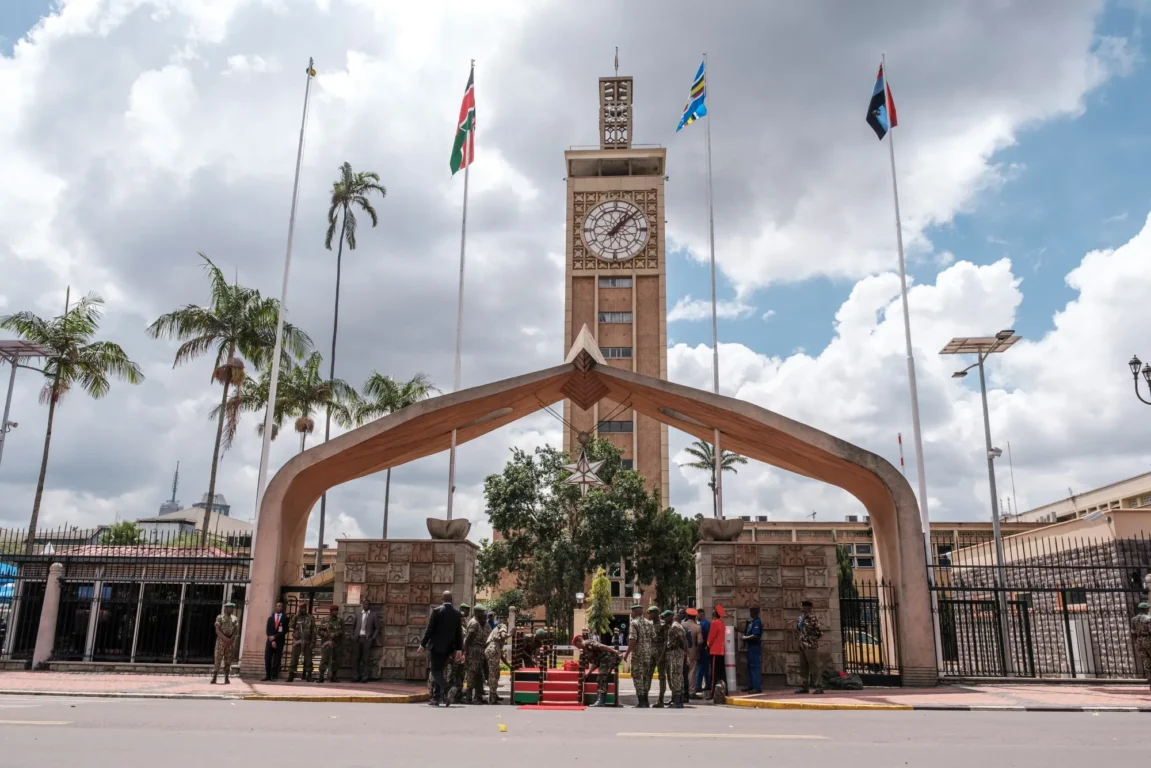Kenya’s Swift Political Shake-Up: Government Demonstrates Unprecedented Efficiency

In the past few weeks, the government has demonstrated an unprecedented level of efficiency in its operations, particularly evident in the swift dissemination of gazette notices.
This reached a remarkable peak on the evening of October 31 after the High Court lifted an order blocking the swearing-in of Prof. Kithure Kindiki as Deputy President following the impeachment of his predecessor, Rigathi Gachagua.
In an unprecedented political drama that gripped the country, Gachagua was ousted from office after the National Assembly and the Senate overwhelmingly approved the impeachment motion. In both Houses, the impeachment process was swift, and the organisation behind it reflected the presidency’s support.
Immediately, after a three-judge bench sitting at the High Court in Nairobi lifted orders blocking Prof. Kindiki’s swearing-in as deputy president, the government’s ‘efficiency systems’ took over, setting in motion the next steps of installing the next second-in-command.
What ensued was a series of gazette notices, which were released within minutes of each other.
The first gazette notice was for the constitution of a 21-member committee chaired by the Secretary to the Cabinet, Mercy Wanjau, to oversee the Assumption of Office of the Deputy President.
Shortly, the committee started planning for the swearing-in ceremony, whose date was announced through another gazette notice that came in minutes later.
This was followed by an invitation from the Chief of Staff and Head of Public Service, Felix Koskei, to the Chairpersons and Chief Executive Officers of State Corporations to the next day’s swearing-in event. They were required to arrive at the venue, Kenyatta International Conference Centre (KICC), by 8:30 AM.
Another gazette notice was issued appointing Prime Cabinet Secretary Musalia Mudavadi as acting Cabinet Secretary (CS) for Interior and National Administration. Soon after the appointment, Mudavadi issued a gazette notice declaring Friday, November 1, a public holiday.
This newfound pace demonstrated a strategy that appeared to prioritise agility and responsiveness in a country where political DNA is fuelled by greed, betrayal, and deceit and where loyalty is crucial.
 In his book ‘For the Record, Environment’, CS Aden Duale revealed the tricks he/the government used to ensure government business sailed through the National Assembly. These included identifying rabble-rousers in their ranks and sending them on foreign trips before introducing controversial proposals which they could have opposed.
In his book ‘For the Record, Environment’, CS Aden Duale revealed the tricks he/the government used to ensure government business sailed through the National Assembly. These included identifying rabble-rousers in their ranks and sending them on foreign trips before introducing controversial proposals which they could have opposed.
In the publication, Duale wrote that for controversial issues, he often formed a strategy that ensured they sailed through the National Assembly whenever the opposition was “asleep”, and when the opposition Members of Parliament (MPs) caught up with the mischief, he changed tact. “I used to identify the rabble-rousers in the ranks and send them on foreign trips just when I was about to bring a controversial proposal, which I suspected they would oppose. While they were away, business went on.”
Duale was the pioneer Leader of the Majority Party and had to set up the office from scratch, and this played in his favour as Article 108(2) of the Constitution states: “The Leader of the Majority Party shall be the person who is the leader in the National Assembly of the largest party or coalition of parties.”
Lately, there have been reports that President William Ruto is planning a major reshuffle within the National Assembly, targeting disloyal committee chairpersons and vice-chairpersons, including the influential Budget and Appropriations Committee, Chaired by Kiharu MP Ndindi Nyoro.
The anticipated shake-up aims to consolidate loyalists in key parliamentary roles, especially as President Ruto faces pressure to reward allies who were instrumental in Gachagua’s impeachment as deputy president.
Recent political developments have clearly demonstrated the underlying political dynamics of loyalty, power, and strategy.

